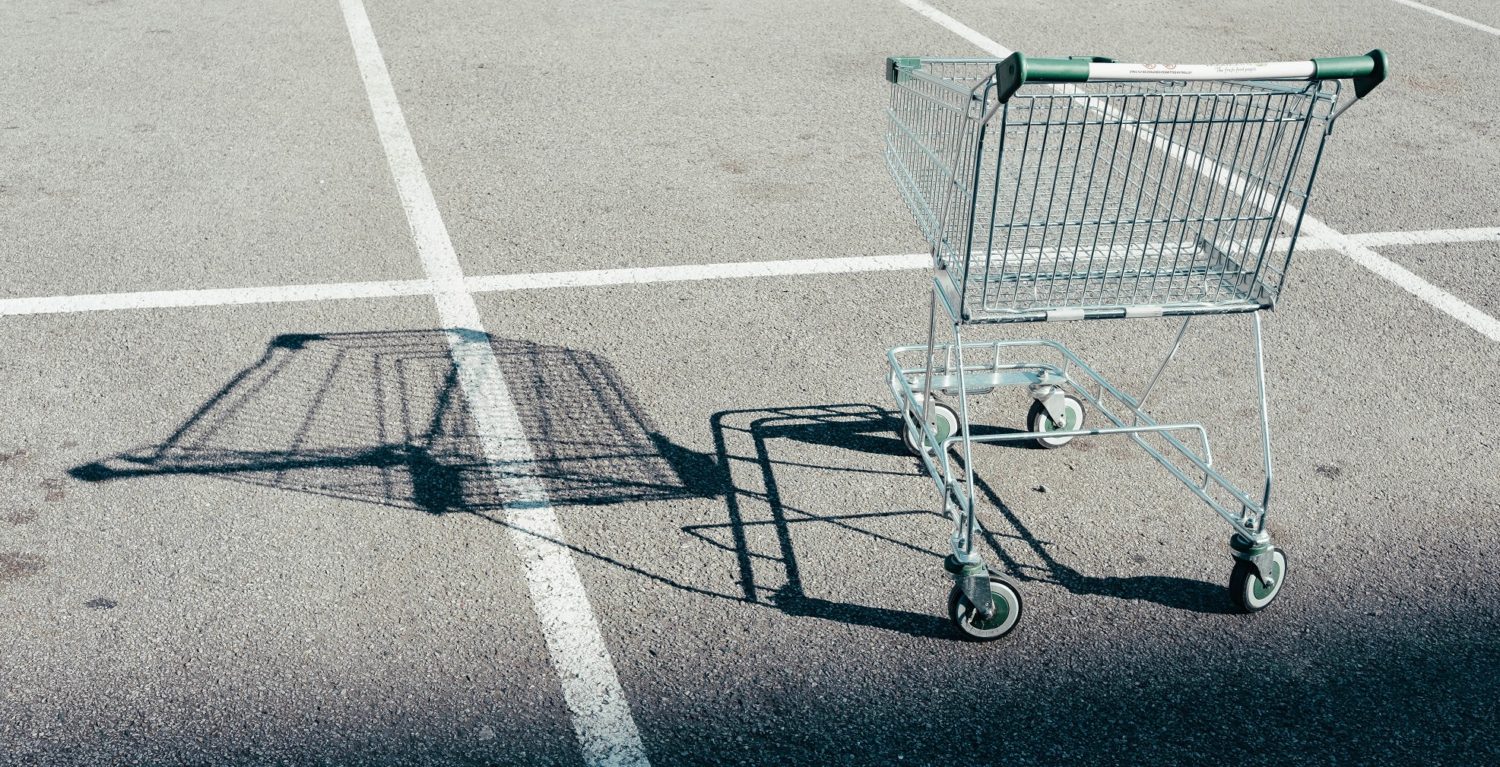Hungry for change
On World Hunger Day, Emma Lewell-Buck MP draws attention to the millions of people across the UK that struggle to find enough to eat.
In the sixth richest country in the world, one hungry person is a disgrace, but millions constitutes a national disaster. Yet, with
each passing day of this terrible excuse for a government, more and more people are falling into poverty with little chance of escape. There are no second chances in Britain today.
Hunger is a clear consequence of this government’s ideological assault on the social ‘safety net’ and the people who rely on it. Its inaction on low-paid insecure work has led to people working day in and day out trapped in poverty.
The United Nations estimates that up to 8.4 million people in the UK are ‘food insecure’ – either worrying where their next meal will come from or unable to afford sufficient food at all.
There are now approximately 2,000 food banks in the UK in operation that we know of. That charities and faith groups have
become a permanent part of the welfare state is a damning indictment of this government’s dereliction of duty towards its citizens. The Trussell Trust (which doesn’t even operate all food banks) has reported handing out more than one million parcels in the last year alone. However, as food banks use is an indication of last resort, it is likely the number of those needing assistance is far greater. There are legions of ‘hidden hungry’ who do not go to food banks and do not ask for help, either out of shame or embarrassment, or because they simply do not know where to go.
The all-party parliamentary group on hunger, of which I am a member, has taken a deep look at the growing issue of UK hunger. We have found that austerity, punitive welfare reforms, benefit cuts, and inaction on low pay and insecure work, as well as the widening gulf between incomes and the cost of living, are the main drivers of UK hunger. We also found that 3 million children are at risk of hunger during the school holidays and that 1.3 million malnourished older people were ’withering away in their own homes’.
We are seeing rising levels of hospital admissions for adults and children because of malnutrition. Poor nutrition is leading to an obesity crisis and a resurgence of Victorian illnesses such as vitamin D deficiencies, scurvy, rickets and gout – all impacting on an already overstretched NHS.
For the first time in peace time we have a food supplies minister. Yet, despite the uncertainty around Brexit, Michael Gove’s flagship Agriculture Bill, currently going through parliament, contains nothing to address food insecurity, since agriculture, as the president of the National Union of Farmers states, is ’always the last chapter in any trade deal to be agreed‘. This is negligent in the extreme.
The trajectory of travel here is worrying. To mitigate this, we need robust and reliable statistics to inform policy, as what gets measured gets mended.
That’s why I introduced a Food Insecurity Bill asking the government to measure hunger. Belatedly, the government has agreed to go ahead with the change and to start measuring hunger as part of its annual family resources survey. It is a welcome move. But it should not be used as an excuse for government inaction while data is being gathered.
Hunger is political, it is and has been used as a weapon around the world. In the UK it is being used, as articulated by the United Nations special rapporteur on extreme poverty and human rights, as the cornerstone of an ideologically driven programme where “the driving force has not been economic but rather a commitment to achieving radical social re-engineering.” As the special rapporteur has said, poverty is a political choice and “austerity could easily have spared the poor, if the political will had existed to do so”.
As we negotiate new trading arrangements with Europe and beyond, as global populations rise, as conflicts spread and as more extreme weather affects food supplies globally and domestically, food security will become an even more important issue. We must use the move to measure food insecurity as a precursor to concerted action on the devastating levels of hunger in our communities.
As I write this there will be a distraught mother wondering how she is going to feed herself and her toddler today. There will be schoolchildren struggling to focus because their stomachs are rumbling, parents who have yet again skipped breakfast to ensure that their children did not have to, families searching their cupboards for what is left, and elderly people who are unable to access fresh food.
We must do more to end hunger. We owe it to every man, woman and child who woke up hungry this morning and will go to bed hungry tonight, in one of the richest countries in the world, to do so.

